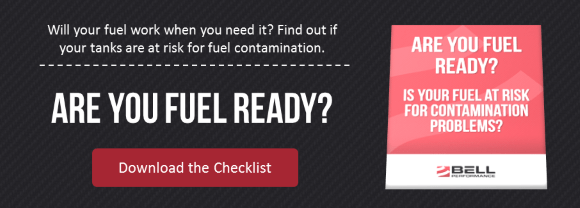
It’s that time of year again! Time for our annual forecast for how bad the coming hurricane season is going to be!
 We do this just about every year, and last year was one of the first times on record where the actual hurricane season seemed to be worse than predicted. I think we all got lulled to sleep waiting for a repeat of 2004 and 2005. Each year we were expecting another round of big storm that didn’t happen. Finally, last year, we got several that reminded us of the previous decade. And not in a good way.
We do this just about every year, and last year was one of the first times on record where the actual hurricane season seemed to be worse than predicted. I think we all got lulled to sleep waiting for a repeat of 2004 and 2005. Each year we were expecting another round of big storm that didn’t happen. Finally, last year, we got several that reminded us of the previous decade. And not in a good way.
A Recap of 2017 Hurricanes
In case anyone needed a reminder (or some proper historical perspective), the 2017 Atlantic hurricane season was the costliest on record, surpassing the 2005 record with more than $280 million in damage. Virtually all of this came from just three major hurricanes – Harvey, Irma and Maria. There were six major hurricanes and 17 named storms, putting it tied for the #5 most active season since records began back in 1851. 2017 was also only the 6th time ever to see two Category 5 hurricanes make landfall.
Each major hurricane was notable in its own right. Hurricane Harvey struck in August and was the first major hurricane to landfall in the United States since Wilma in 2005. Barely a month later, Hurricane Irma was the strongest hurricane every recorded in the Atlantic. Hurricane Maria decimated Puerto Rico to a historic extent.
So we’re all hoping we don’t see a repeat of the 2017 season. Just what can we expect this year?
The 2018 Hurricane Forecast: More of Same?
Many analysts like to look at Colorado State University’s Tropical Meteorology Project for guidance on what to expect. CSU projects 14 named storms this year (there were 17 last year) if you include Alberto. Out of those, they expect six hurricanes and 2 major hurricanes, all of which put it about in line with a typical storm season.
So maybe this hurricane season won’t be as bad as last years, but there’s also no reason to expect it to be uneventful.
Besides the Colorado State prediction, the NOAA (National Oceanic and Atmospheric Administration) also comes out with its own projections. Their projections for 2018 fall in line with CSU’s, just with a range of expectation instead of narrowing in on single numbers. The NOAA predicts between 10 and 16 named storms this year, 5-9 of them hurricanes, and 1-4 major hurricanes.
Changes in Predictions Due To The Weather
Sources have pointed out that when CSU actually downgraded their projection from their initial projections that were published back in late March/early April. Their initial prediction was a little more severe (seven hurricanes and three named storms).
The difference comes from a change of weather conditions that have developed over the last month or so. The temperature of the sea surface in the tropical Atlantic Ocean (the part northeast of Venezuela and east of Cuba) can influence the development and strengthening of storms. Warmer water helps them get strongest; cooler water stunts their growth. And the water temperatures in the tropical Atlantic have turned out to be cooler than average, partly because of northerly winds that have been circulating around a large area of high pressure that has been camped out over the eastern and central Atlantic Ocean. These winds have cooled the waters in the areas that these storms tend to grow in.
So that’s one reason for the downgrade. Another factor that hasn’t happened yet, but which would make a hurricane season stronger or weaker than expected, would be if an El Nino system developed in the Pacific Ocean. This kind of system has cause nasty weather on the West Coast, but it actually stunt hurricane development in the Atlantic because the system’s high winds (which bleed over into the Atlantic area) can break apart tropical storms before they ever have a chance to coalesce and develop into major problems.
Naming A Baby This Year?
Are you planning to name your baby Florence or Gordon? Helene, Isaac or Joyce? Maybe Patty or Sara or Tony? Then you’ll be naming your baby after one of the named storms for the 2018 hurricane season. Give them something to remember.



